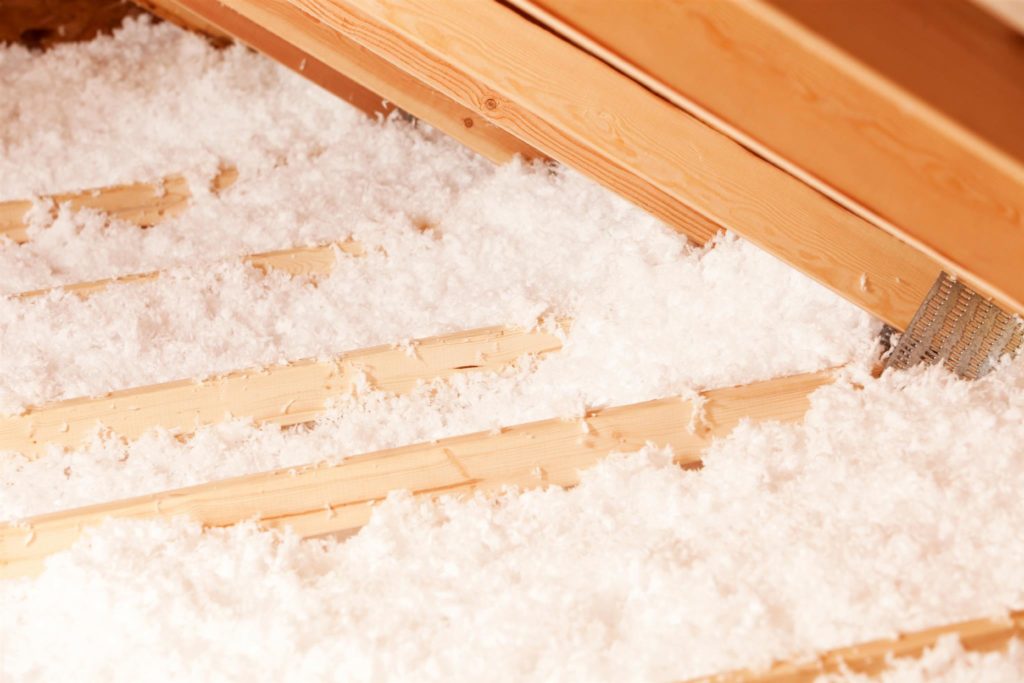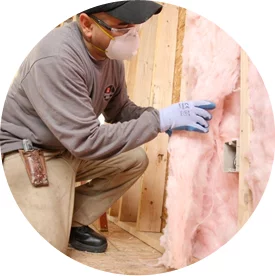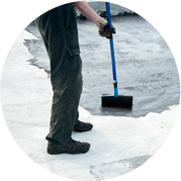Do you need to insulate your home? Are you wondering if your old insulation can be recycled instead of going to waste? Some types of insulation are recycled, such as cellulose.
For those who want to be as environmentally friendly as possible, cellulose insulation is the way to go. When installed by professionals, it’s completely recovered and recycled on-site, leaving hardly any excess material to go to waste.
Special machines used in the blown-in process allow extra material to be vacuumed up and blown back in on-site or salvaged for future installation.
The fact that old cellulose insulation can be recycled isn’t the only reason it’s the greenest insulation material available.
How Else Is Cellulose Environmentally Friendly?
Cellulose insulation:
- Consists of up to 80% to 85% recycled material.
- Takes less energy to make than other insulation materials
- Is made from consumer paper products, which are tied to responsible forestry management and a renewable resource of planted trees
Any insulation material will help you reduce your energy bills and the carbon footprint of your home (which is good for the environment), but if you want the most eco-friendly insulation, recycled cellulose is the one to install.
Recycling Old Fiberglass Insulation
Old fiberglass insulation can be recycled after the initial installation and is reusable. It can be removed easily and put back in place. Fiberglass can also be reclaimed from demolition debris and recycled into a new product.
Although it’s not as environmentally friendly as cellulose, fiberglass insulation still contains a relatively high amount of recycled content and is very effective at helping you save money and live more comfortably.
FAQ
Can you recycle insulation?
Many types of insulation are reusable. If you’re taking eco-friendliness into consideration, ask your insulation contractor which materials can be reused.
Can you recycle fiberglass insulation?
Fiberglass is a popular insulation choice for homeowners because it’s affordable — but can it be recycled? Yes, fiberglass insulation can be reused. The material can be removed and reused elsewhere, as long as it isn’t damaged. It can also be broken down and used in new materials.
Can you recycle blown-in insulation?
It depends on the material. Blown-in cellulose insulation is often reused because it can simply be picked up on-site and installed where needed. Fiberglass is another example. However, spray foam should not be reused once installed. Ask a contractor if you’re unsure about your blown-in insulation.
Is insulation recyclable?
Recyclable and reusable are two different things. Reusable insulation can be used again by simply removing it from one spot and installing it elsewhere. Recyclable insulation can be completely repurposed. Not all insulation materials are recyclable, but some are, like cellulose and fiberglass.
Insulation Installation in the Chicago Area
The experts at TheramSeal/Lakeside Insulation install cellulose and fiberglass insulation and have experience insulating all areas of a home — the walls, attic and basement or crawl space.
Contact us to learn more about our insulation services or if you’re ready to schedule a consultation.





